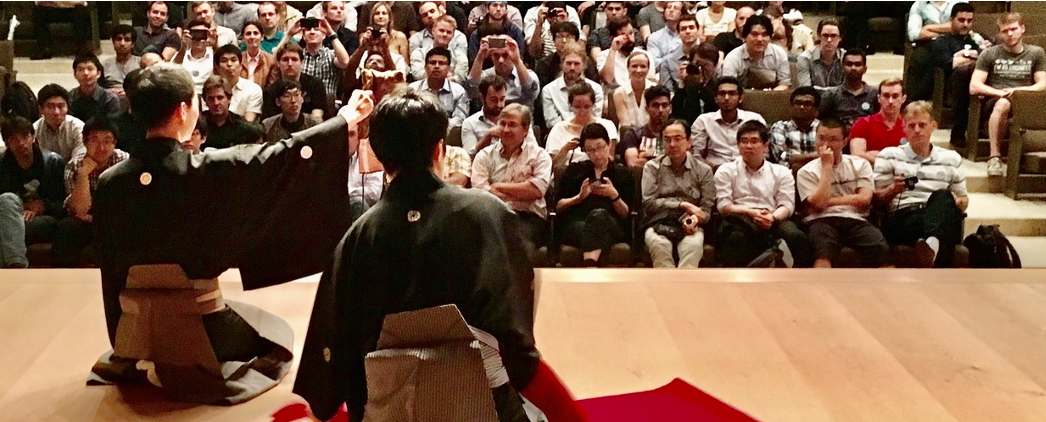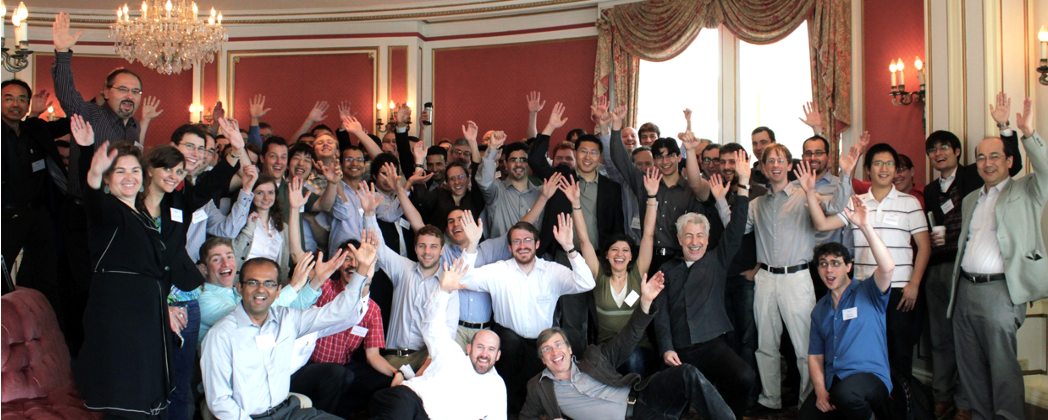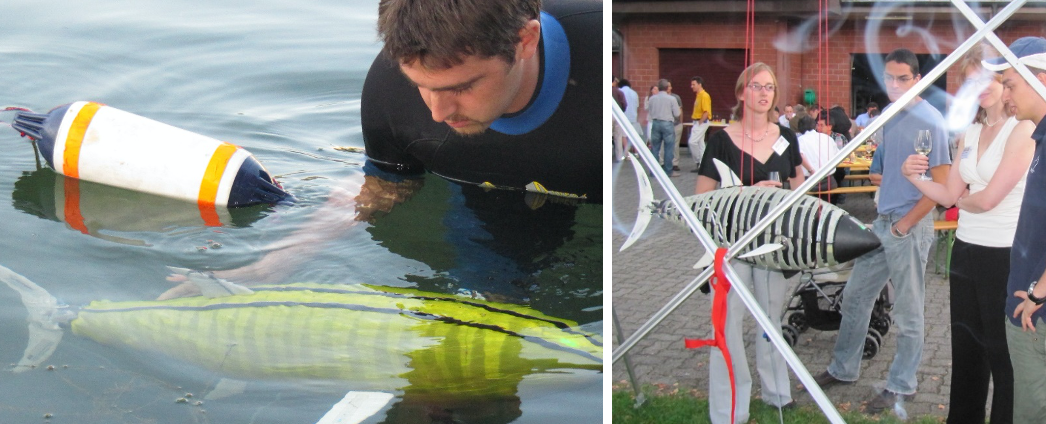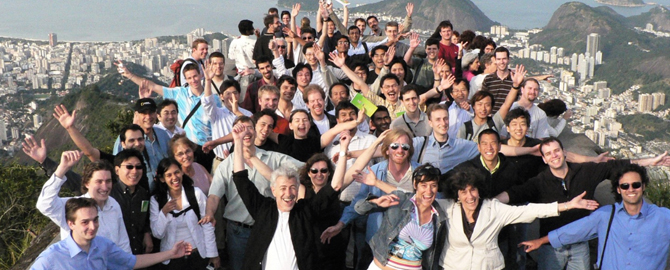Date and time:
September 10 at 2:00pm-3:00pm (PDT) 5:00pm (EDT) 11:00PM (CET)
September 11 at 6:00am (JST) and 7:00AM (AEST)
Live Stream: Zoom Webinar (https://zoom.us/j/96026504970)
Live questions and discussion: Slido (https://app.sli.do/event/ydmm6g9y)
Moderator: Ken Goldberg
Panelists: Amy LaViers, Carme Torras, Iris Long
Title: Art and Robots
Video on Bilibili: https://www.bilibili.com/video/BV1Rh411R7aJ/
Video on YouTube: https://youtu.be/ZVEQsLb9C8k
Robots have always had links with art, since Karl Capek coined the term "robot" in his theater play 100 years ago. In this panel we'll discuss perspectives on robots in dance, sculpture, and fiction and how they challenge our assumptions about the distinctions between humans and machines.
We hope you will be able to join us for this live event and interact directly with the panelists. For those who cannot attend the live event, the colloquium will be also recorded and will be available here.
Ken Goldberg (Moderator)
Ken Goldberg
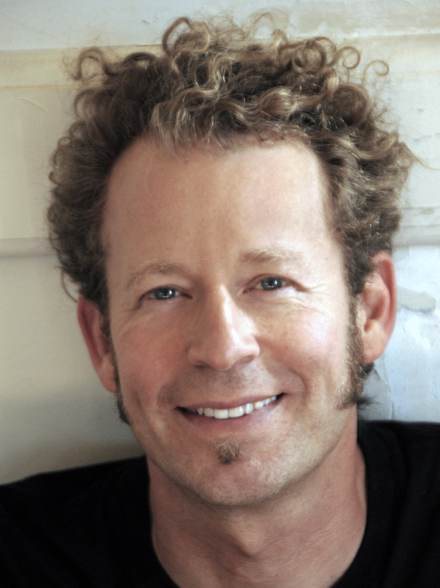 Ken Goldberg is an artist and William S. Floyd Jr. Distinguished Chair in Engineering, UC Berkeley. His artwork, exploring the intersection of the digital and the natural world, includes a living garden tended by a robot via the internet and the award-winning film “Why We Love Robots”. Goldberg's has shown at the Whitney Biennial, Venice Biennale, Pompidou Center, Walker Art Center, Ars Electronica, ZKM, ICC Biennale, Kwangju Biennale, Artists Space, and the Kitchen. He is Founding Director of Berkeley's Art, Technology, and Culture Colloquium and named IEEE Fellow in 2005. His work is in several permanent collections including the Whitney Museum in NYC.
Ken Goldberg is an artist and William S. Floyd Jr. Distinguished Chair in Engineering, UC Berkeley. His artwork, exploring the intersection of the digital and the natural world, includes a living garden tended by a robot via the internet and the award-winning film “Why We Love Robots”. Goldberg's has shown at the Whitney Biennial, Venice Biennale, Pompidou Center, Walker Art Center, Ars Electronica, ZKM, ICC Biennale, Kwangju Biennale, Artists Space, and the Kitchen. He is Founding Director of Berkeley's Art, Technology, and Culture Colloquium and named IEEE Fellow in 2005. His work is in several permanent collections including the Whitney Museum in NYC.
Amy LaViers
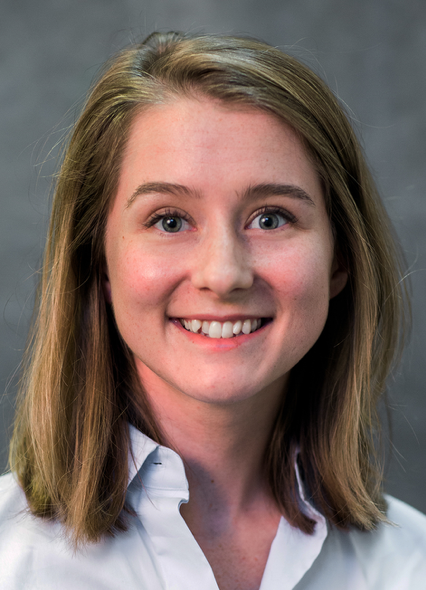 Amy LaViers is the director of the Robotics, Automation, and Dance (RAD) Lab. Her choreography has been presented internationally, including at Merce Cunningham’s studios, Joe’s Pub at the Public Theater, and the Ferst Center for the Arts. She is a recipient of DARPA’s Young Faculty Award (YFA) and Director’s Fellowship (2015-2018). Her teaching has been recognized on the University of Illinois at Urbana-Champaign (UIUC)’s list of Teachers Ranked as Excellent by Their Students, with Outstanding distinction. She is a co-founder of three startup companies: AE Machines, an award-winning automation software company; caali, an embodied media company; and, most recently, Soma Measure, a wearable-enabled fitness company. Previously, she held positions as an assistant professor in mechanical science and engineering at UIUC and in systems and information engineering at the University of Virginia (UVA). She completed a two-year Certification in Movement Analysis (CMA) in 2016 at the Laban/Bartenieff Institute of Movement Studies (LIMS) and her Ph.D. in electrical and computer engineering at Georgia Tech in 2013 with a dissertation that included a live performance exploring stylized motion. Her career began with her undergraduate thesis at Princeton University where she earned a certificate in dance and a degree in mechanical and aerospace engineering in 2009. Prior to Princeton, Amy toured internationally as a member of the Tennessee Children’s Dance Ensemble (TCDE) and trained at Dancer’s Studio in Knoxville, Tennessee and with members of the Lexington Ballet Company in Whitesburg, Kentucky.
Amy LaViers is the director of the Robotics, Automation, and Dance (RAD) Lab. Her choreography has been presented internationally, including at Merce Cunningham’s studios, Joe’s Pub at the Public Theater, and the Ferst Center for the Arts. She is a recipient of DARPA’s Young Faculty Award (YFA) and Director’s Fellowship (2015-2018). Her teaching has been recognized on the University of Illinois at Urbana-Champaign (UIUC)’s list of Teachers Ranked as Excellent by Their Students, with Outstanding distinction. She is a co-founder of three startup companies: AE Machines, an award-winning automation software company; caali, an embodied media company; and, most recently, Soma Measure, a wearable-enabled fitness company. Previously, she held positions as an assistant professor in mechanical science and engineering at UIUC and in systems and information engineering at the University of Virginia (UVA). She completed a two-year Certification in Movement Analysis (CMA) in 2016 at the Laban/Bartenieff Institute of Movement Studies (LIMS) and her Ph.D. in electrical and computer engineering at Georgia Tech in 2013 with a dissertation that included a live performance exploring stylized motion. Her career began with her undergraduate thesis at Princeton University where she earned a certificate in dance and a degree in mechanical and aerospace engineering in 2009. Prior to Princeton, Amy toured internationally as a member of the Tennessee Children’s Dance Ensemble (TCDE) and trained at Dancer’s Studio in Knoxville, Tennessee and with members of the Lexington Ballet Company in Whitesburg, Kentucky.
Carme Torras
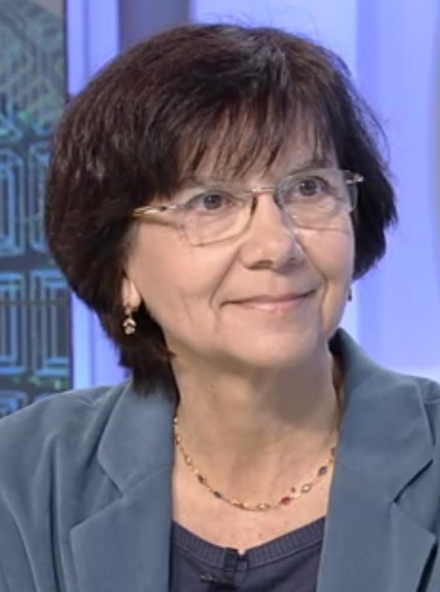 Carme Torras ( www.iri.upc.edu/people/torras ) is Research Professor at the Robotics Institute (CSIC-UPC) in Barcelona, where she heads a research group on assistive and collaborative robotics. She has led sixteen European projects, the latest being her ERC Advanced Grant project CLOTHILDE – Cloth manipulation learning from demonstrations. She is IEEE and EurAI Fellow, member of Academia Europaea and the Royal Academy of Sciences and Arts of Barcelona, and recipient of the Julio Peláez Award to Pioneer Women in Science. Prof. Torras is also a fiction writer. Her short stories and novels, written originally in Catalan and translated to several languages, often address ethical dilemmas raised by robotics, AI and social media. Her novel La mutació sentimental - winner of the Pedrolo and Ictineu awards - has been translated into English with the title The Vestigial Heart (MIT Press, 2018) and published together with online materials to teach a course on “Ethics in Social Robotics and AI”.
Carme Torras ( www.iri.upc.edu/people/torras ) is Research Professor at the Robotics Institute (CSIC-UPC) in Barcelona, where she heads a research group on assistive and collaborative robotics. She has led sixteen European projects, the latest being her ERC Advanced Grant project CLOTHILDE – Cloth manipulation learning from demonstrations. She is IEEE and EurAI Fellow, member of Academia Europaea and the Royal Academy of Sciences and Arts of Barcelona, and recipient of the Julio Peláez Award to Pioneer Women in Science. Prof. Torras is also a fiction writer. Her short stories and novels, written originally in Catalan and translated to several languages, often address ethical dilemmas raised by robotics, AI and social media. Her novel La mutació sentimental - winner of the Pedrolo and Ictineu awards - has been translated into English with the title The Vestigial Heart (MIT Press, 2018) and published together with online materials to teach a course on “Ethics in Social Robotics and AI”.
Iris Long
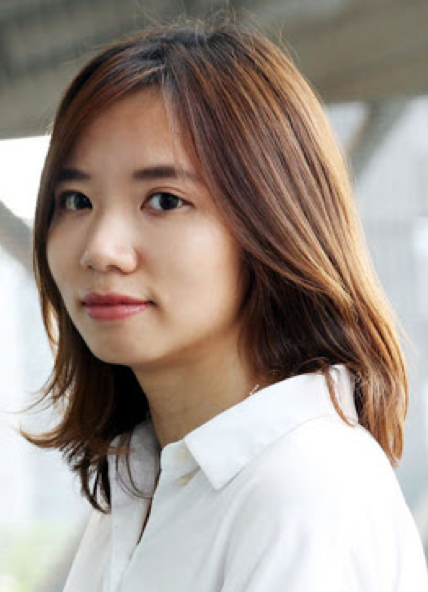 Iris Long is a writer and independent curator. She currently works as a researcher on art, science and technology at Central Academy of Fine Arts, with a research focus on how art responses to the current global reality of ubiquitous computing and big data. She lectures on data art at CAFA. She was shortlisted by the first M21-IAAC Award (International Awards for Art Criticism). Her translation work, Rethinking Curating: Art after New Media, received nomination from AAC Art China awards in 2016. In 2018, she was the recipient of Hyundai Blue Prize for curators. In 2019 she curated “Lying Sophia and Mocking Alexa” (Hyundai Motorstudios Beijing), The Third Session of “Future of Today”: Deja Vu (Today Art Museum, Beijing) and “Mind the Deep: Artificial Intelligence and Art” (McaM, Shanghai). She co-curated the opening show of UN Art Center, “The Kind Stranger” and “Latent Landscapes”. She is also the art jury of ISEA 2019. Her research work has been presented in “Art and Artificial Intelligence” (Open Conference, ZKM), “Korea Research Fellow”(MMCA), “Art Machines: International Symposium on Computational Media Art (ISCMA)” (Hong Kong), International Symposium on Electronic Art and Digital Research in the Humanities and Arts and ISEA. Iris has a master degree of Critical Writing in Art and Design from the Royal College of Art, UK and a bachelor degree of Journalism and Communication from Tsinghua University, China.
Iris Long is a writer and independent curator. She currently works as a researcher on art, science and technology at Central Academy of Fine Arts, with a research focus on how art responses to the current global reality of ubiquitous computing and big data. She lectures on data art at CAFA. She was shortlisted by the first M21-IAAC Award (International Awards for Art Criticism). Her translation work, Rethinking Curating: Art after New Media, received nomination from AAC Art China awards in 2016. In 2018, she was the recipient of Hyundai Blue Prize for curators. In 2019 she curated “Lying Sophia and Mocking Alexa” (Hyundai Motorstudios Beijing), The Third Session of “Future of Today”: Deja Vu (Today Art Museum, Beijing) and “Mind the Deep: Artificial Intelligence and Art” (McaM, Shanghai). She co-curated the opening show of UN Art Center, “The Kind Stranger” and “Latent Landscapes”. She is also the art jury of ISEA 2019. Her research work has been presented in “Art and Artificial Intelligence” (Open Conference, ZKM), “Korea Research Fellow”(MMCA), “Art Machines: International Symposium on Computational Media Art (ISCMA)” (Hong Kong), International Symposium on Electronic Art and Digital Research in the Humanities and Arts and ISEA. Iris has a master degree of Critical Writing in Art and Design from the Royal College of Art, UK and a bachelor degree of Journalism and Communication from Tsinghua University, China.

